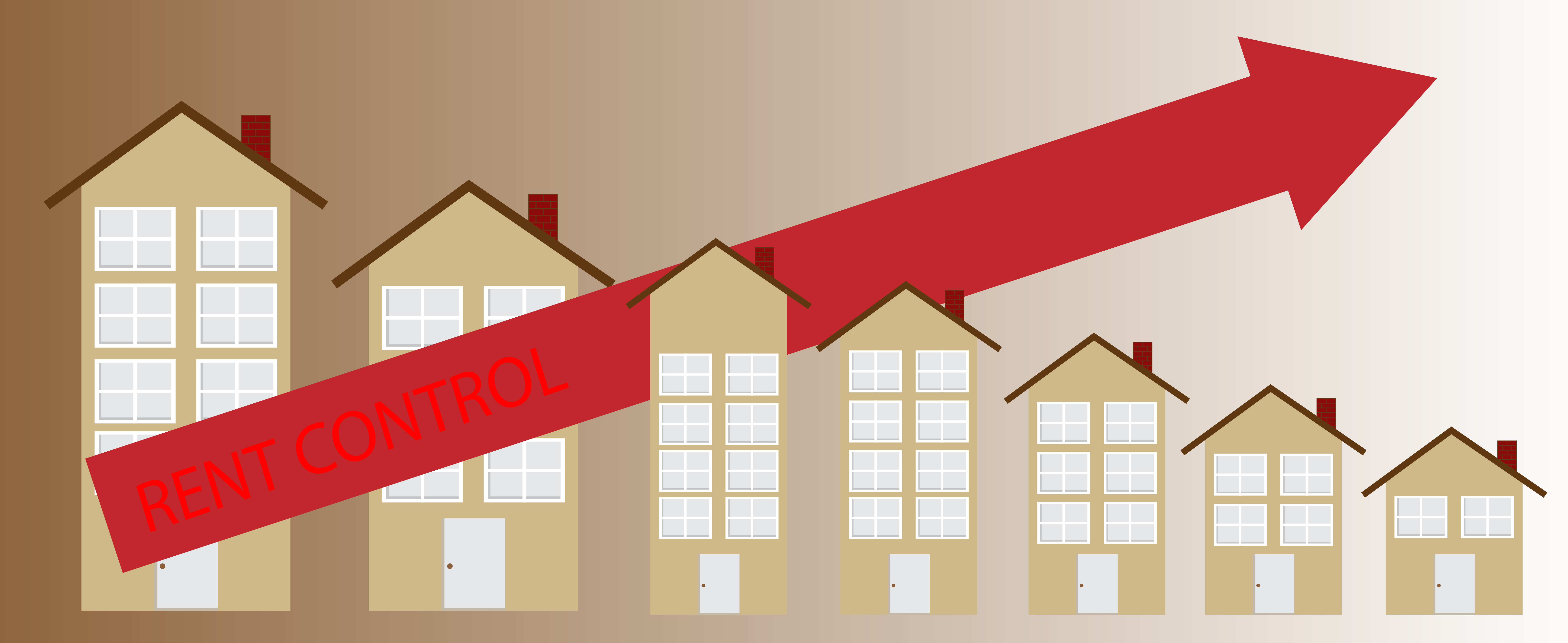The heat of a presidential election – especially one that’s seen highly unusual and disruptive events, from an attempted assassination attempt the late-stage replacement of a candidate – is rarely a good time to discuss nuanced policy. Less than 100 days from the vote, both candidates mainly toss out vague promises designed to lure a declining pool of undecided voters.
But both tickets have weighed in on one of the most-pressing problems facing Americans: soaring housing costs. Driven by insufficient supply, the median home price has topped $400,000 nationwide. Median prices in California surpassed $800,000 – and prices in the state’s major urban areas generally top $1 million. Statewide rents are nearly a third higher than before the pandemic.
Aside from tinkering with the money supply to reduce interest rates, there isn’t much federal officials can – or should – do about this cost-of-living problem. Most of the problem stems from years of growth controls imposed at the state and local level. Presidential candidates can, however, jump start the debate in ways good or bad.
On the good side, Donald Trump has turned away from his first-term approach, which, as the Washington Examiner noted recently, “defended zoning and accused Democrats of waging war on suburbia.” At the Free Cities Center, we try to parse out meaningful distinctions between, say, mandating subsidized housing projects and allowing developers to build higher-density units, but national candidates rarely parse the details.
For instance, in a Wall Street Journal op-ed co-authored with his secretary of the U.S. Housing and Urban Development Department in 2020, Trump and Ben Carson argued, “The crime and chaos in Democrat-run cities have gotten so bad that liberals are even getting out of Manhattan’s Upper West Side. Rather than rethink their destructive policies, the left wants to make sure there is no escape. The plan is to remake the suburbs in their image so they resemble the dysfunctional cities they now govern.”
They singled out former House Speaker Nancy Pelosi, D-San Francisco, for leading “a push to abolish single-family zoning in California.” Eliminating single-family zoning does not ban the construction of single-family homes; it merely allows the construction of multi-family residences in those areas, also. Oregon has embraced that approach, as has California with the passage of Senate Bill 9. The results have been mixed, but suburbs are not likely to become dystopias.
Conservative commentator Ann Coulter recently said of the former president that “like a couch, bears the impression of the last person who sat on him.” If that’s the case, then the last people he’s been talking to deserve much praise. In remarks to Bloomberg during a lengthy interview in July, Trump made some of the right points regarding the housing market, even if they weren’t hashed out completely:
So 50% of the housing costs today and in certain areas like, you know, a lot of these crazy places is environmental, is bookkeeping, is all of those restrictions. … Plus, they make you build houses that aren’t as good at much greater sum. … Your permits, your permitting process. Your zoning, if – and I went through years of zoning. Zoning is like … it’s a killer. But we’ll be doing that, and we’ll be bringing the price of housing down.
Legislative efforts such as SB 9 are designed to reduce zoning restrictions, so this is indeed a useful change of course. Trump is right – and I’m sifting through the tea leaves a bit here, given the imprecision of his remarks – that the permitting process impedes housing construction and that zoning rules and government mandates need rethinking.
As the Examiner added, Carson targeted a rule from the Obama administration that imposed additional regulations on housing construction. However, that effort to withhold federal funding from localities that didn’t reduce housing red tape “was eventually pushed to the wayside by Trump, who seized on defending suburbia as a message in his re-election campaign.”
On the discouraging side, the Biden administration is taking a heavy-handed federal regulatory approach that will only exacerbate current rental-housing shortages. The president on July 16 called on “Congress to pass legislation giving corporate landlords a choice to either cap rent increases on existing units at 5% or risk losing current valuable federal tax breaks.”
That amounts to an inappropriate form of federal rent control. Rent control dries up housing supply by discouraging investors from building more rental housing. If prices can’t fluctuate based on the market, landlords will invest elsewhere, convert their properties to condos or neglect maintenance. Although rent controls limit price hikes in the short term, they boost housing prices over time by boosting demand for far-fewer available units.
As the Pacific Research Institute’s fellow in California reform Kerry Jackson argued in a recent Fox News column, “A 2019 study by the American Economic Association found that San Francisco (rent control) reduced ‘rental housing supplies by 15% by selling to owner-occupants and redeveloping buildings,’ which ‘likely drove up market rents in the long run.’”
Joe Biden has been replaced by Vice President Kamala Harris as the nominee, but her policies echo his approach. As CNBC reported, as California attorney general she spearheaded regulations to limit foreclosures. As a senator, she promoted subsidies for affordable housing and tax credits for renters. “Harris has been involved in Biden’s housing policy-making, and it is likely that her campaign will carry on similar blueprints for housing,” CNBC added.
Harris ought to look toward her home state of California, which has passed several laws that streamline development approvals. They don’t go far enough, but it’s a better blueprint than more federal subsidies and regulation. Whichever candidate wins, Americans shouldn’t wait for Washington, D.C., to address the housing crisis. That process starts in city halls and state capitols.
Steven Greenhut is director of the Pacific Research Institute’s Free Cities Center.

